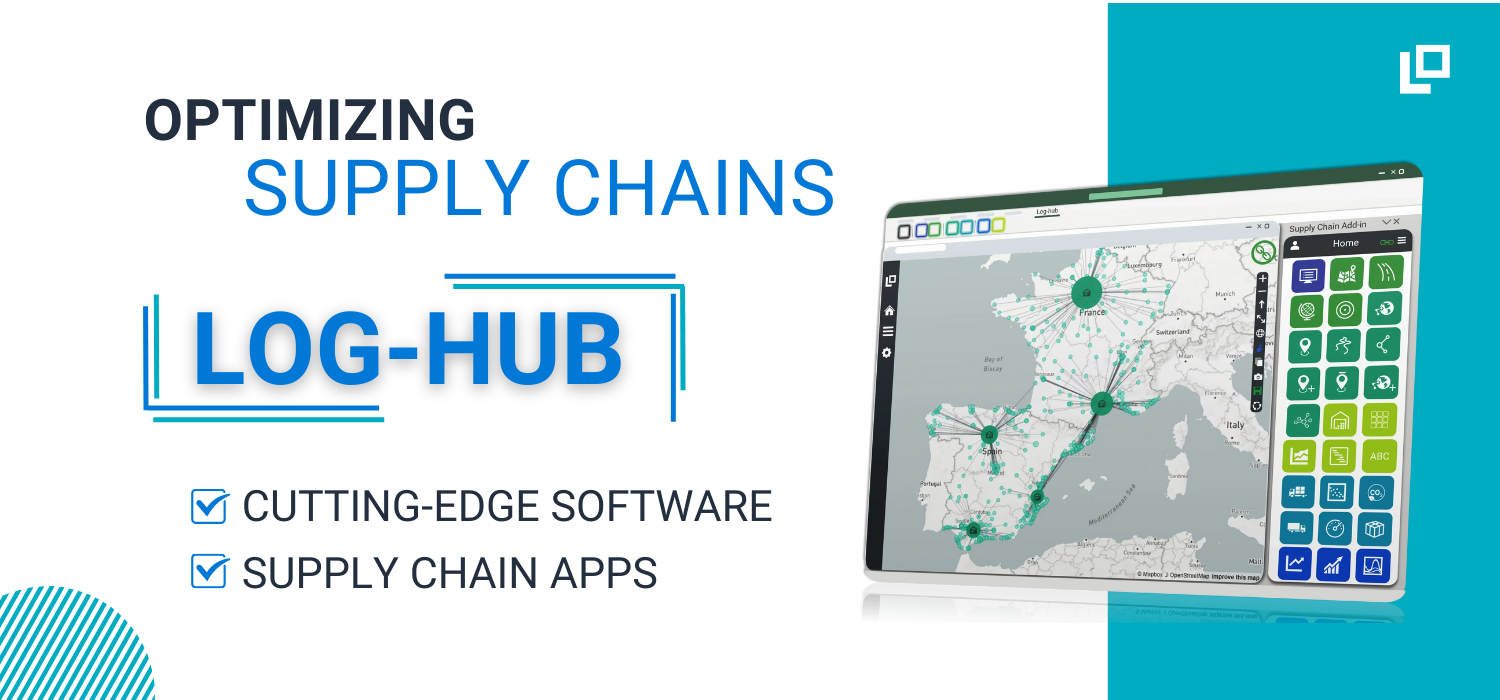Jag Lamba (pictured), CEO of Certa, writes about how AI can be beneficial to supply chain professionals and SCM (supply chain management).
While most of the coverage of the rise of artificial intelligence in the past year or so has been on generative models such as ChatGPT that can be used by the average person, the business world is no stranger to AI. It’s been used for years to streamline workflows, analyse data, and build predictive models that can steer organizations in the right direction.
But there’s no doubt that we’re in a moment where AI is growing in its applications and power faster than ever before — so we need to ask, can we use its latest iterations to make our jobs easier as supply chain managers? Given the supply chains that still bear scars from the rough going that started in 2020, anything that can reduce risk and improve managers’ ability to make smart strategic decisions is welcome. Let’s discuss a few ways that AI is showing up in the logistics toolbox.
AI lets you adapt to global market movements
In today’s unstable and rapidly changing economic and geopolitical landscape, supply chain managers are often saddled with the unenviable task of pivoting quickly as a result of some major event like a war or political turmoil. With how interconnected the world is, these disruptive events seem to be happening on a regular basis.
Fortunately, advances in AI make it possible for operations to sync with current market dynamics — with high levels of automation and minimal input from users. Something as simple as a business requirement document (BRD) inputted into an AI engine can spur the system to adapt workflows accordingly. Normally, these complex workflows would take a significant amount of time — especially when they change so rapidly — but AI has advanced in its language processing to the point where it can interpret documents like a BRD and use old workflows as a template to create new processes better suited to the moment.
AI can gather, parse, and visualize insightful data with simple queries
Thanks to the advancements in conversational AI, insights into the various data points gathered along the supply chain are a quick query away. Data visualizations can be generated with ease, and conversational AI lets you drill down into that data just by asking for certain filters or parameters to be applied. These systems also often provide a way to generate simple reports for sharing with stakeholders.
AI’s ability to predict market shifts by analysing historical data and patterns in the market alongside the context of what’s happening in the world right now can be a major competitive advantage. Supply chain managers equipped with access to these data insights can steer their organization’s efforts today into the right position for success tomorrow and beyond.
AI speeds up supplier compliance processes
When AI is plugged into historical data for partners and vendors, it can speed up the compliance process (and improve the odds of meeting regulatory standards) by making the information-gathering stage quick and easy. It can pull data from onboarding, email and chat conversations, and other sources to pre-fill in large portions of the forms required to meet various regulatory requirements. AI is responsive and dynamic by nature, so suppliers can work with the AI to fill in any missing information and verify what’s there. The onus for validation of such information falls to the supplier, so when AI is able to make that process quicker and easier for them, you’ll often see quicker turnarounds and fewer compliance oversights.
AI is a boon for sustainability initiatives
Sustainability is far more than a buzzword — in supply chain management circles, it’s a core tenet of operations. It’s responsible environmental stewardship, sure, but also a way to drive down costs and risks. AI can make it quick and easy for managers to get a birds’ eye view not only of their own company’s carbon footprint and sustainability initiatives, but also those of potential suppliers. This allows companies to make smarter decisions when it comes to choosing suppliers that will match their sustainability plans and not open them up to ESG-related risks.
AI isn’t done evolving — not even close. Though it’s been a useful tool for businesses for decades now, conversational AI and a focus on new implementations of the technology means we’re in an exciting time of innovation. Supply chain managers ignore AI at their own peril — smart and judicious use of the technology can help smooth out operations and give companies a competitive edge in the years to come.











